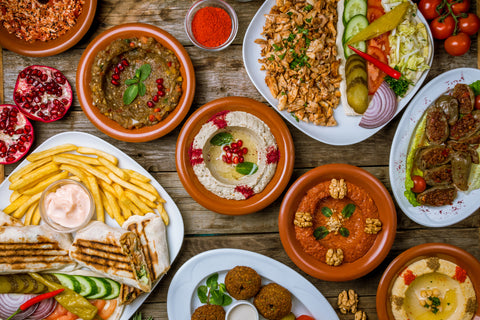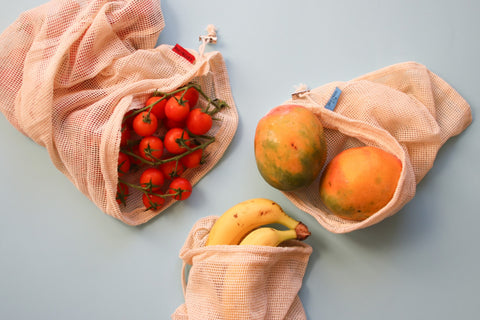Food, the heartbeat of our culture, is more than just sustenance—it's the thread that weaves our traditions together. In the Arab world, where hospitality and generosity are the cornerstone of our culture, food plays a pivotal role in uniting people. Yet, as we honor our culinary heritage, we can't ignore the growing issue of food waste.
Food waste is a global challenge, but its impact is especially evident in the Arab world. According to the Food and Agriculture Organization (FAO) of the United Nations, the Arab states are among the world's top contributors to food waste, with a staggering 34% of produced food lost or wasted annually. This means that millions of tons of food lands in landfills, causing harm to our environment.
One of the reasons behind this waste is our inclination towards abundance and over-preparation. Generosity is a cherished virtue in Arab culture, and hosts often go the extra mile to ensure guests are well-fed. Eventually, this leads to large amounts of food ending up in the bin.
Our love for abundance and the habit of going all out in preparing meals are rooted in the generous spirit of Arab culture. Hosting is not just a task but a cherished virtue, and hosts often go the extra mile to ensure guests are very well-fed. Eventually, this leads to large amounts of food ending up in the bin.
Another factor contributing to this issue is the changing landscape of our lifestyles and dietary habits. Urbanization, busy schedules, and a growing preference for convenience foods have led to an increase in food waste. Traditional cooking methods and time-honored recipes are giving way to processed foods, weakening the cultural connection to the value of food and shared meals.
The consequences of food waste extend beyond the environmental and economic realms. In a culture where food is interwoven with hospitality and social bonds, wasting food can be perceived as a disregard for our core values, that’s why it’s crucial to acknowledge the importance of preserving our culinary heritage and addressing the food waste issue.
So, what can we do to minimize food waste?
- Reviving traditional cooking methods: Rediscover the art of cooking traditional meals with local ingredients from your teta!
- Seasonal produce: Opt for locally available, seasonal, and fresh produce from local farmers. Nothing beats the smell of fresh citrus from Jericho or the deep taste of zaatar!
- Thoughtful meal planning: Consider the number of guests you’re hosting and their dietary preferences to avoid over-preparation.
- Get creative with leftovers: Transform leftovers into new dishes.
- Teach them young: We should always educate our kids about the value of food and the cultural importance of home cooked meals and the familial/social bonds that are formed by sharing these meals.
- Food preservation: Pickling, drying, and fermenting always extend the life of food and can add a unique flavour to fruits or vegetables. We all love the side dish of olives and cucumber pickles next to our meals, and the delicious fruit jams that our tetas make.






Comments (0)
There are no comments for this article. Be the first one to leave a message!